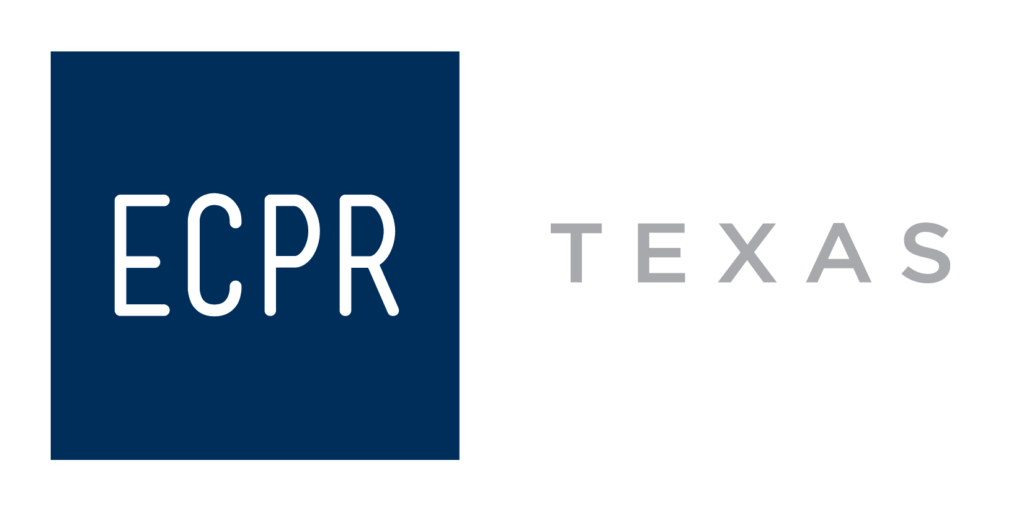When I was a TV reporter (before I made the switch to PR), I was hired as the health reporter at a local TV station. At the time, health care reporting was not my passion, but I figured it was a good way to get my foot in the door, so to speak. However, after covering health stories for a month or two, my opinion changed. Dramatically! I found that I was in a position to tell some of the best stories—stories that could, literally, change people’s lives!
Fast forward to the present, and I find myself in a position that is equally as rewarding. ECPR has represented a number of health care clients over the years—including St. David’s HealthCare, Las Palmas Del Sol, Gentiva Health Services (formerly Harden Healthcare), CORE Health Care, Inova Labs, and Sage Recovery and Wellness Center, to name a few—and telling their stories is still a personal privilege for me.
Health care communications requires a specific skill set, for a number of reasons:
- Simplifying subject matter. In health care, you’re often tasked with taking a very scientific concept and simplifying it in a way that the average person can understand. While this is true for some other industries as well, it is especially important when dealing with health care, as it’s often aimed at the general public (versus an industry such as technology, for example, whose key audience is often tech experts).
- Respecting patient privacy. Like any good news story, the best medical stories center around a “real person” (as opposed to an “expert” or an “official”)—in this case, a patient. However, when dealing with patients, you have to be mindful of their privacy, and you must have full written consent before sharing their stories with the public due to the Health Insurance Portability and Accountability Act, or HIPAA. You must also handle their stories with extreme sensitivity. Some of the most popular stories you see online today revolve around patients with unique (and in some cases, odd) conditions, but a communications professional should never position a patient in this way.
- Identifying appropriate spokespersons. Unlike other industries, where a CEO might be the best person to comment on an issue, health care audiences usually prefer to hear from a medical professional, such as a physician or a nurse. For example, identifying a hospital administrator, such as a CEO, to do media interviews about new technology to treat a specific condition would not be in the organization’s best interest. Rather, a physician who uses this technology would be better suited to discuss its potential benefits.
- Appropriately managing crisis communications. This is, perhaps, one of the biggest responsibilities of a health care communications professional. For many companies, a crisis can impact the company’s financed—or it can impact the public image of a brand. In health care, not appropriately managing a crisis situation could have a detrimental impact on the general public. For example, when the United States saw its first Ebola case, the treating hospital was charged with not only caring for those affected, but also disseminating information about how the diagnosis might impact the public—staff, other patients at the hospital, and visitors at the hospital, as well as those outside the walls of the hospital. Not properly educating the public about a potential outbreak, for example, could put countless lives on the line.
Whether you realize it or not, stories about health care impact all of us (if not now, they will at some point in our lives), and telling these stories is a responsibility that should not be taken lightly.
-Erin Ochoa
Vice President, Account Management


